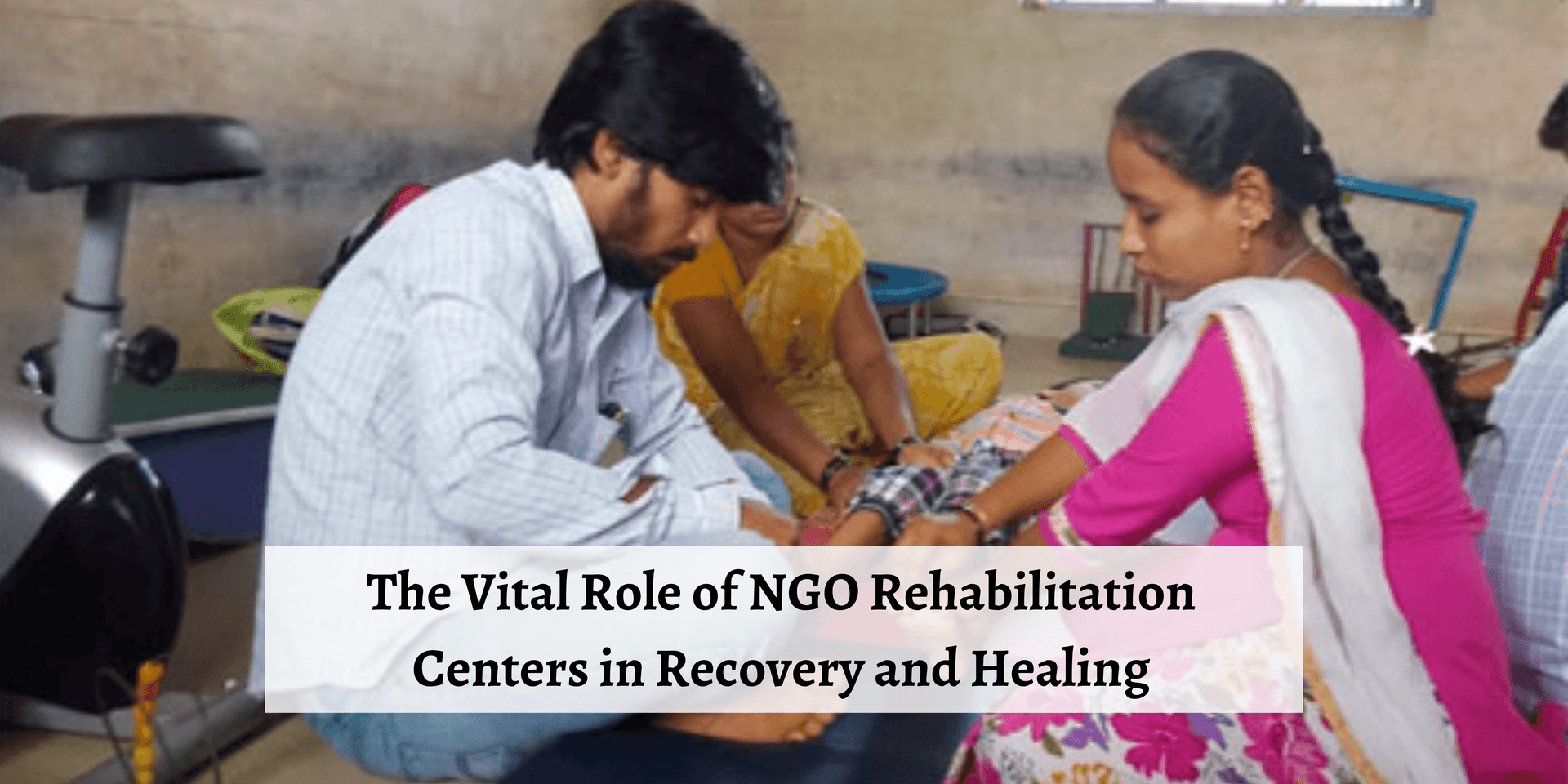
The Vital Role of Ngo Rehabilitation Centers in Recovery
In a world beset by numerous challenges, individuals wrestling with addiction and a range of mental health issues frequently encounter a pressing need for support and care. Fortunately, Non-Governmental Organizations (NGOs) have risen as indispensable bastions of recovery and healing, extending invaluable aid to those in dire straits. This article explores the pivotal role that NGO rehabilitation centers fulfill in assisting individuals in their journey to conquer addiction and surmount mental health challenges.
Introduction
Addiction and mental health problems are intricate and frequently incapacitating conditions that impact millions of people globally. The existence of NGO rehabilitation centers shines as a ray of hope for those contending with these difficulties. These centers offer more than mere treatment; they pave the way for recovery and healing customized to the distinct needs of each individual.
Understanding NGO Rehabilitation Centers
NGO rehabilitation centers are nonprofit organizations committed to aiding individuals in overcoming addiction and mental health hurdles. In contrast to conventional rehabilitation centers, NGOs function with a profound emphasis on community and empathy. They place the welfare of their clients above financial gains, rendering them an indispensable asset in the realm of recovery and healing.
Holistic Approach to Healing
One of the key strengths of NGO rehabilitation centers is their holistic approach to healing.
They acknowledge that recovery encompasses more than just tending to the physical aspects of addiction. Instead, their approach centers on the holistic treatment of individuals, considering their emotional, psychological, and social needs.
Personalized Treatment Plans
NGO rehabilitation centers recognize that no two individuals are the same. Hence, they create personalized treatment plans that cater to the specific needs of each client. This tailored approach increases the chances of successful recovery and healing.
Mental Health and Addiction Services
In addition to addressing addiction, many NGO rehabilitation centers offer comprehensive mental health services. This dual focus ensures that clients receive the necessary support for their co-occurring disorders, which are common among individuals with addiction issues.
Supportive and Compassionate Staff
The staff at NGO rehabilitation centers are known for their unwavering support and compassion. They create a safe and nurturing environment where clients feel encouraged and empowered on their journey to recovery.
Community Integration
NGO rehabilitation centers emphasize community integration as a vital part of the healing process. By involving clients in community activities and support groups, these centers help individuals rebuild their social connections, reducing feelings of isolation.
Empowering Recovering Individuals
Recovery entails more than simply conquering addiction; it involves reclaiming control over one's life. NGO rehabilitation centers empower individuals in recovery by providing them with vital life skills, enhancing their self-esteem, and nurturing independence.
Overcoming Stigma
Stigma surrounding addiction and mental health issues often prevents individuals from seeking help. NGO rehabilitation centers actively work to reduce this stigma by raising awareness and promoting a more accepting and understanding society.
Outreach Programs
Many NGOs engage in outreach programs to identify and assist individuals who may not have access to rehabilitation services. These programs aim to reach marginalized and underserved communities.
Preventive Measures
NGO rehabilitation centers are not only focused on treatment but also on prevention. They provide educational programs and resources to help individuals make informed choices and avoid falling into addiction in the first place.
Collaborations and Partnerships
To enhance their impact, many NGOs collaborate with governmental agencies, healthcare providers, and other organizations. These partnerships create a network of support that strengthens the rehabilitation process.
Measuring Success
NGO rehabilitation centers track their clients' progress and success stories, using this data to continually improve their services. This commitment to excellence ensures that they remain effective in their mission.
Challenges Faced
While NGO rehabilitation centers play a vital role in recovery and healing, they also face challenges such as funding constraints and the need for more public awareness. Overcoming these hurdles is essential to expanding their reach and impact.
Conclusion
In conclusion, NGO rehabilitation centers are beacons of hope for individuals battling addiction and mental health challenges. Their comprehensive methodology, individualized treatment strategies, and steadfast backing render them irreplaceable in the realm of recovery and healing. Through diminishing stigma, advocating for community inclusion, and nurturing empowerment, these centers make substantial contributions to the welfare of individuals and society at large.
Appreciate the creator